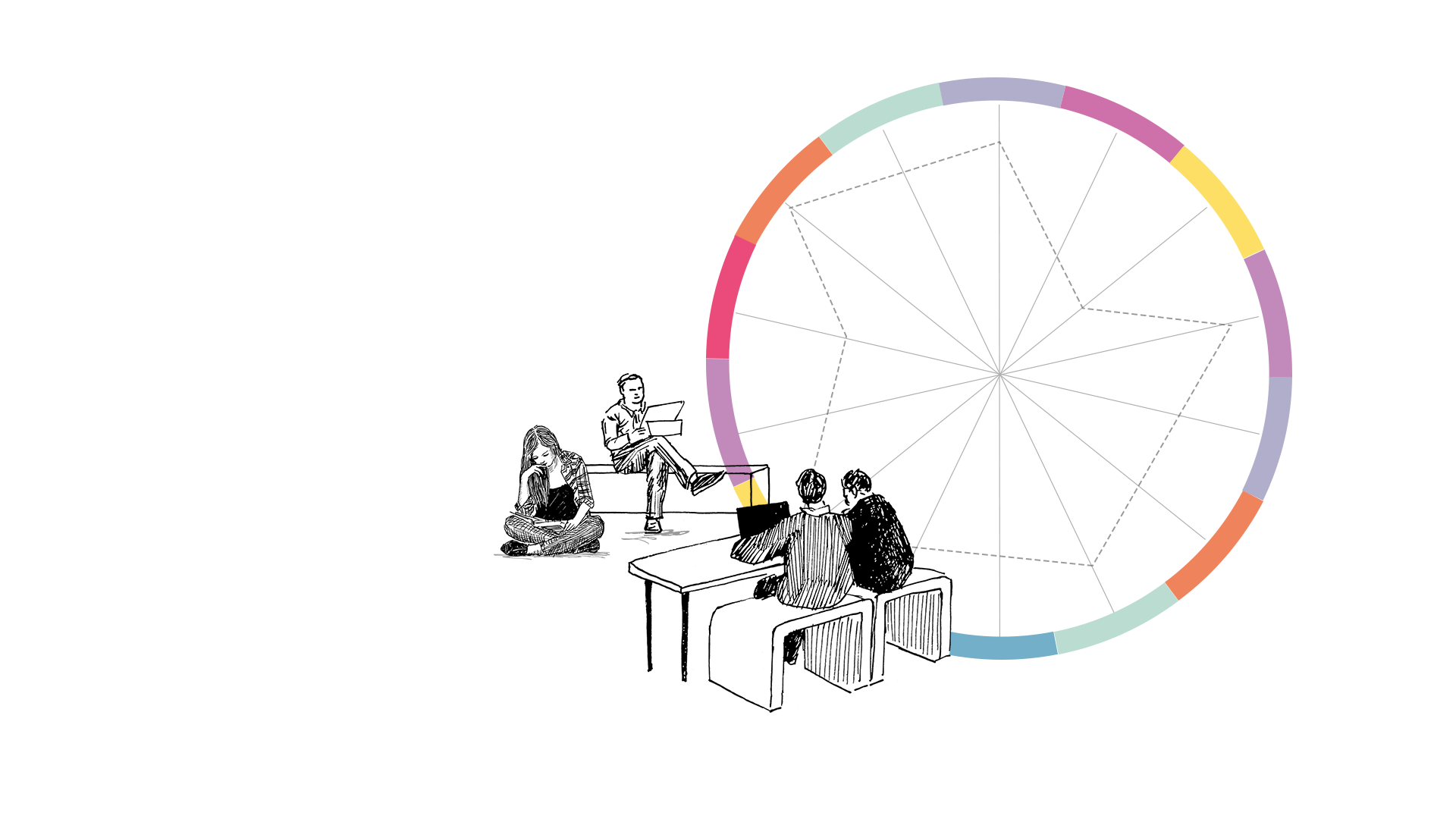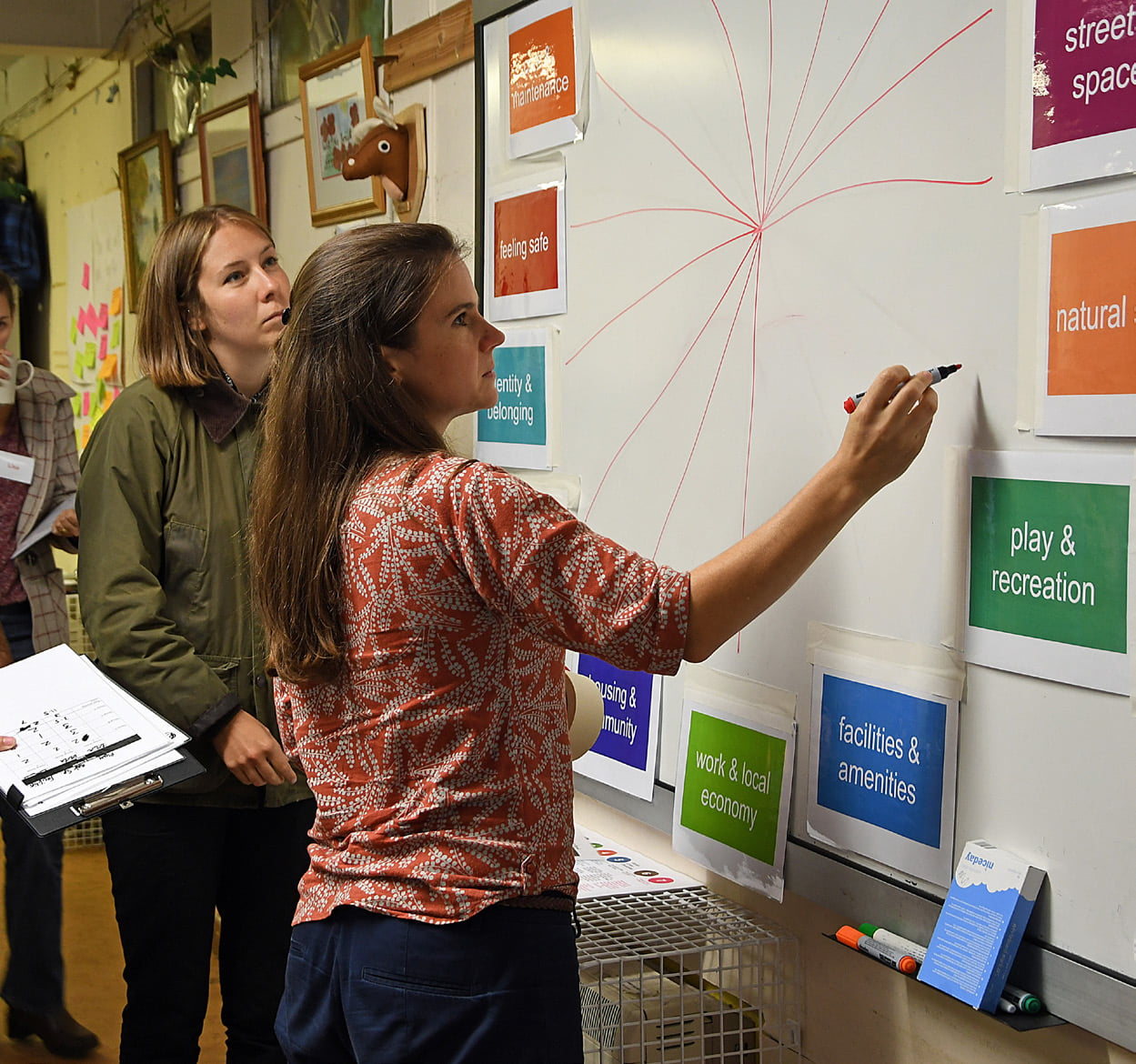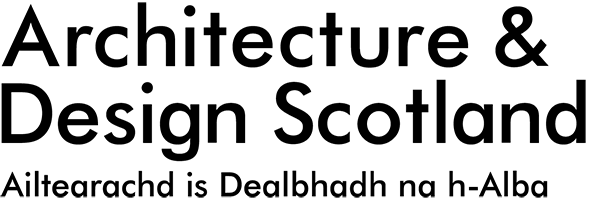Place Standard for research and learning from experience
Collecting evidence and examples of place-based working in projects across Scotland.

Our places are unique. They are created by people who reside in them and require collaboration across different groups for decision-making.
The Place Standard tool has helped a variety of local authorities, communities and organisations focus on issues relevant to their local areas. It provides a simple framework, enabling you to explore and provide a better understanding of our place by considering the physical and social environment.
How is the tool relevant?
- Tracks changes and improvements over time
- Shares learning
How can the tool help resolve current issues for place-based work?
- Post occupancy review
- Research
- Continuous improvement
Real-life examples of the Place Standard tool in action
We have collected a series of case studies that provides evidence of how the Place Standard tool can benefit us all in making places. These case studies are a recollection of stories from local authorities, organisations and individuals’ point-of-view of using the Place Standard tool.
Read the case study below to learn about collaborative and place-based approaches to projects across Scotland.

St Andrews Drive, Glasgow
GoWell is a research and learning programme, led by Glasgow Centre for Population Health (GCPH). It investigates the impact of investment in housing, regeneration and neighbourhood renewal in Glasgow on the health and wellbeing of individuals, families and communities.
The GoWell panel includes volunteers from 19 citizens across several community organisation for its study areas. The panel’s purpose is to share knowledge between citizens and the GoWell research team, to strengthen the evidence base and contribute to community empowerment.
Cat Tabbner of GCPH explains how they used the Place Standard to share learning.
Image credit: GoWell
GoWell Panel members wanted to report their findings, learning and achievements to their local community organisations.
They especially wanted these organisations to gain first-hand experience of the collaborative ways they had worked, and the insights gained about evidenced and practised regeneration.
To achieve this goal, the GoWell Panel decided on a workshop format. A practical activity was devised using the Place Standard tool as the basis for a walking tour of St Andrews Drive, to demonstrate the sort of learning and collaboration that the panel had generated.
St Andrews Drive was chosen as it was an existing GoWell study area which the panel members had visited as part of their work together. They felt it was suitable for this demonstration of learning for two reasons.
Firstly, since their local groups had not previously visited the area, it would give them a ‘fresh perspective’ on the regeneration topics the panel had explored. This was to help them reflect differently about their own neighbourhoods.
Secondly, the study area was small compared to other GoWell areas and it was feasible to explore it during a half-day workshop.
Learning workshop
We organised the learning workshop in collaboration with key organisations and individuals: the GoWell Panel, Nan McKay Community Hall (who hosted it in their venue), NHS Health Scotland, Glasgow City Council and GCPH colleagues.
The workshop was held in July 2016 at the Nan McKay Community Hall in Pollokshields, Glasgow.
Involving a wide variety of teams
Participation was by invitation, and delegates were drawn from the GoWell Panel’s community organisations, our learning partner Glasgow Kelvin College, stakeholders and research team:
- Kingsway Court Health and Wellbeing Centre
- Cassiltoun Housing Association
- Townhead Village Hall
- Green GP Practice in Govan/National Links Worker Programme
- Bead and Blether (part of Plantation Productions)
- Wheatley Group, Ardenglen Housing Association
- Southside Housing Association
- Pollokshields Community Council
Touring stations on St Andrews Drive
Participants completed the paper version of the tool in groups of five during the tour as they made their way round four stations on St Andrews Drive. After the tour, scores were reviewed and discussed.
Participants worked in their groups to identify what they wished to see happen in the area to support a thriving community hub. The whole workshop was documented by a local photographer.
Participants completed evaluation forms and took part in interviews with GCPH staff to comment on the usefulness of the workshop.
Further workshops for participants
Participants also requested more learning, so a second workshop, held at Barmulloch Community Centre in early December 2016, shared further learning, including:
- applying best practice in addition to the Place Standard (the National Standards for Community Engagement)
- engaging citizens in action across multiple neighbourhoods (Community Planning Partnerships and the Balornock and Barmulloch Initiative)
Future projects
Eight members of the GoWell Panel subsequently created projects with their local groups using learning they had generated with GoWell, as well as from use of the Place Standard. Projects included:
- developing a school uniform bank with local parents, carers and the primary school to reduce waste and support local families
- mentoring local groups to achieve Community Achievement Awards and strengthen capacity
- fundraising and organising open days and a gala as a response to budget cuts to a community centre
Using the Place Standard as the basis for this workshop helped participants to experience for themselves some key learning points that the GoWell Panel wished to share:
Discovering local knowledge and common experiences across the city
According to participants, the Place Standard tool brought out common experiences of regeneration and issues across Glasgow.
It also highlighted the importance of local knowledge. Participants reported that the questions required them to turn to a local citizen for their daily experiences and views.
Overall, participants said that they found that the tool also provided a platform for dialogue about what could change and how the regeneration process could be improved.
Promoting curiosity to gain understanding
Touring the area and going through the tool’s prompts promoted curiosity, and participants gently challenged each other to think in-depth about topics.
Participants felt they were encouraged to ask ‘why’, which opened up dialogue to explore local contexts and talk about regeneration.
Learning as a route to relationships and change
Workshop participants said that it was a “deep” learning experience: through participating in the Place Standard activity with the GoWell Panel members, they worked constructively together.
They felt that the workshop exercises enabled views to be expressed and positively received.
Participants also reported that they benefitted from the experience and intended to use the Place Standard to plan change, whether as employees or citizens.
This appeared to highlight that how participants rated the experience of using the tool was as important as what changes they thought it could achieve.
Challenging assumptions and understanding diverse views
The workshop enabled participants to reconsider their view of regeneration. It allowed them to observe aspects of a neighbourhood and assess what was good about the place from different perspectives, what needed to change and why.
The Place Standard supported participants to express their views, which enabled facilitators to promote challenging dialogue.
“The Place Standard was chosen for the values it promotes – it provides a framework for exploring diverse views, experiences and aspirations for a place with a group of people. This inclusive approach matched the GoWell Panel’s values, so it was a useful tool for workshop participants to explore how this group had worked together.”
Design and plan places with the Place Standard
If you need learning resources or help in starting your journey of using the Place Standard, we can help guide you in the right direction.
